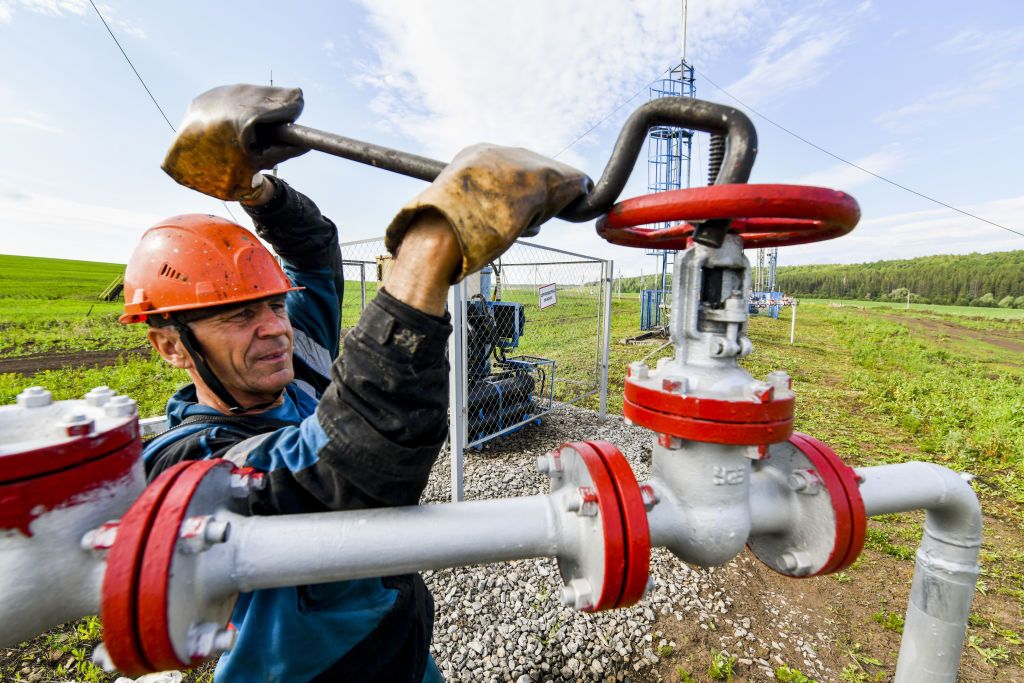Bloomberg: Russia to supply China with cheaper gas compared to European market at least through 2027

Russia is expected to export natural gas to China with prices as much as 28% below those for Russia's European clients at least until 2027, Bloomberg reported on April 23, citing the Russian Economy Ministry's outlook.
In 2023, the state-owned Russian energy company Gazprom released figures showing that its gas production fell by 25%. Gazprom claimed that the drop happened due to "the adoption in a number of countries of politically motivated decisions aimed at refusing to import Russian gas," among other reasons.
Gazprom saw China as a future-growth market and expected to face a decrease in demand from Europe by the end of the decade, Bloomberg said, referring to previous company statements.
According to the outlook Bloomberg received, the ministry sees the gas exports' price to China at $257 per 1,000 cubic meters compared with $320.30 for Western markets, considering the base-case scenario.
Russia forecasts that the price for China might decrease from 2025 through 2027, while the cost for Europe is likely to remain "roughly flat."
The outlook also shows that Russia's total gas exports will grow at least through 2026, supported by a rise in gas production after the drop in 2022.
Currently, Gazprom delivers gas to China via the Power of Siberia pipeline and aims to increase the volume to the planned annual maximum of 38 billion cubic meters in 2025, according to Bloomberg.
The media outlet said that gas exports are set to ramp up as Moscow and Beijing are considering the launch of the Power of Siberia 2 link, lifting Gazprom's deliveries to a total of 98 billion cubic meters per year.
"Still, even if the plans materialize and all three pipelines operate at full capacity, they will carry only roughly half of what Russia used to send to Europe before the war in Ukraine," Bloomberg's article read.
Since the start of Russia's full-scale invasion of Ukraine, the European Union has set the goal of weaning itself off from Russian gas supplies, as well as other fossil fuels. Yet many European countries depend on Russian fuel imports.
In April, Reuters reported that Russia's April oil and gas revenues will be almost double that of the same month last year, showing that Western sanctions targeting Moscow's oil and gas industries have not been as effective as hoped.














